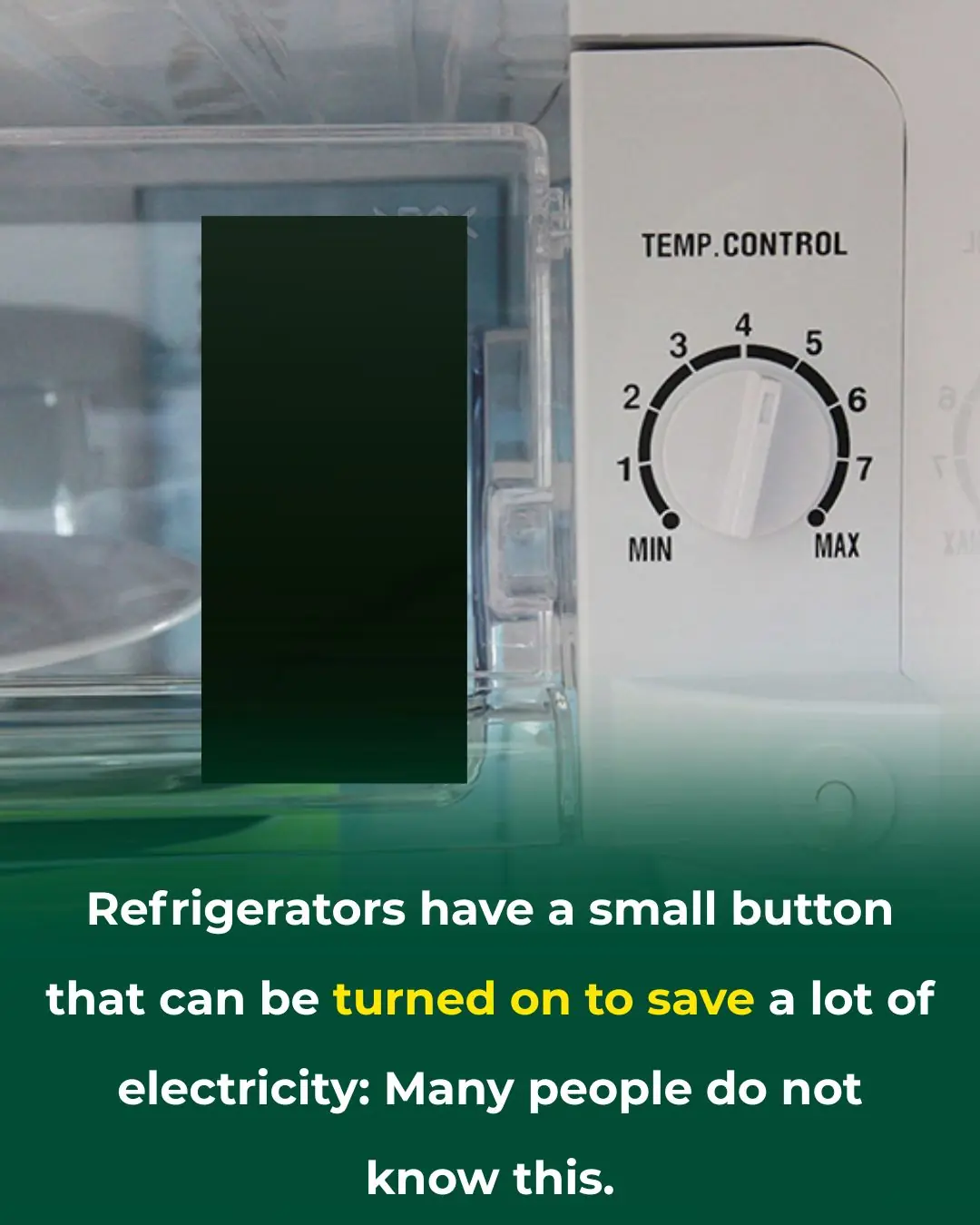
Using a Water Heater? Making These 3 Mistakes Is Like “Flirting With Death”!
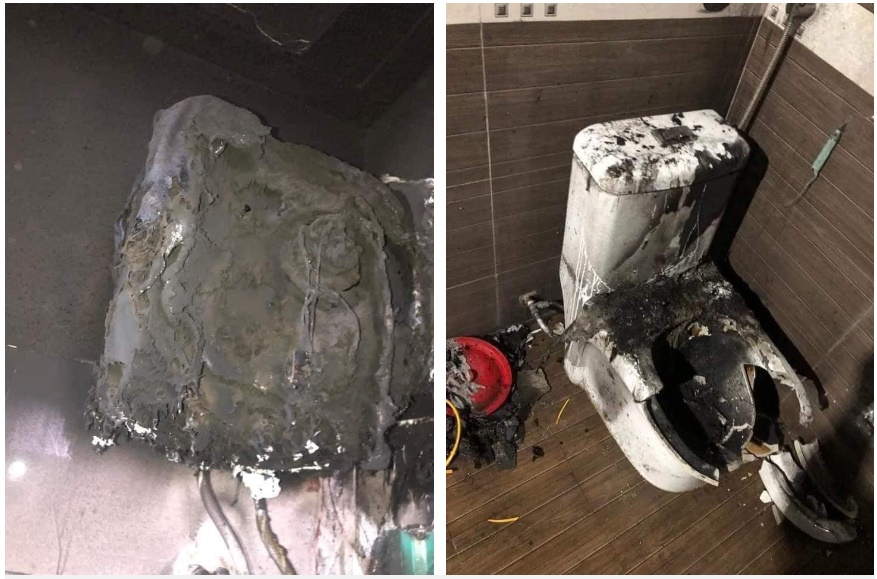
What would happen if your water heater suddenly exploded while someone was taking a shower?
As the cold season approaches and chilly winds sweep through northern Vietnam, hot water becomes a daily necessity. For households in the North, a water heater is almost an indispensable bathroom appliance—especially on frigid mornings when a burst of warm steam is the only way to make showering possible.
On November 14, social media erupted with news of a water heater explosion in Quảng Ninh. Fortunately, no one was hurt, but the incident caused significant damage to the homeowner’s bathroom and nearby belongings.
Why did it explode?
According to information shared by VTC News, the water heater blew up because the homeowner kept it running 24/7 and only turned it off right before taking a shower.
This is a critical and dangerous mistake—one that many people unknowingly repeat until a disaster happens.
No one wants to imagine a water heater exploding while they’re showering, but such accidents can happen if you continue to make the following three extremely dangerous mistakes.
1. Keeping the water heater on almost all day
For families with small children or frequent hot-water needs, leaving the heater on continuously might seem convenient. But in reality, it exposes the device to heavy stress and increases the risk of serious malfunctions.
When a water heater operates nonstop, the insulation around the electrical wiring gradually deteriorates. Over time, this reduces the effectiveness of the circuit protection system. Once the insulation weakens, the heater becomes prone to short circuits or electrical leakage—both of which can trigger an explosion.
Many people underestimate this risk because their water heater has “worked fine for years.” But just like any electrical appliance, constant operation accelerates wear and tear, slowly turning the heater into a hidden time bomb.
2. Not turning off the heater while showering
One of the most important safety rules is to always turn off the water heater before stepping into the shower. Failing to do so is a major cause of electrical shocks and fatal accidents in bathrooms.
Modern water heaters are equipped with automatic shut-off relays, which make some users overly confident, assuming the device eliminates all risks. But auto shut-off does not guarantee absolute safety. If the heater is old, poorly installed, or has internal parts that are worn out, electrical leakage into the water can still occur.
It only takes a single malfunction—just one moment of electrical failure—for a relaxing shower to turn into a life-threatening situation.
3. Skipping maintenance and cleaning
Maintenance is something most people rarely think about, especially because many do not know how to service a water heater themselves. As a result, some devices go 8–10 years without ever being inspected—an extremely dangerous practice.
Inside every water heater is a heating rod. Over time, minerals and impurities in the water accumulate on this rod, forming thick layers of sediment. This buildup slows down heating efficiency, increases electricity consumption, and forces the heater to work harder than it should.
If the heating element becomes corroded or damaged, it can short-circuit, overheat, or even ignite—dramatically increasing the likelihood of an explosion.
For these reasons, experts recommend professional maintenance at least once a year, or every two years at the latest. Regular servicing can detect early signs of wear, prevent electrical risks, and extend the life of your heater.
Final Reminder
Your water heater is one of the most frequently used electrical appliances in your home, yet it is also one of the most overlooked. A few seemingly harmless habits—leaving it on all day, showering without turning it off, or neglecting maintenance—can quickly become deadly.
Taking a few simple precautions could be the difference between safety and disaster.
Don’t wait until something goes wrong—fix your habits before it's too late.
News in the same category


Magic Eraser can be used for almost anything, but here's what you didn't know

Why You Shouldn’t Keep Doors Fully Closed When Using Air Conditioning

8 Foods That Fight Cancer – Add Them to Your Diet Regularly

What Health Conditions Can Garlic Soaked in Honey Help With?

How to Make Steamed Pear with Rock Sugar — Delicious, Comforting, and Packed with Nutrition
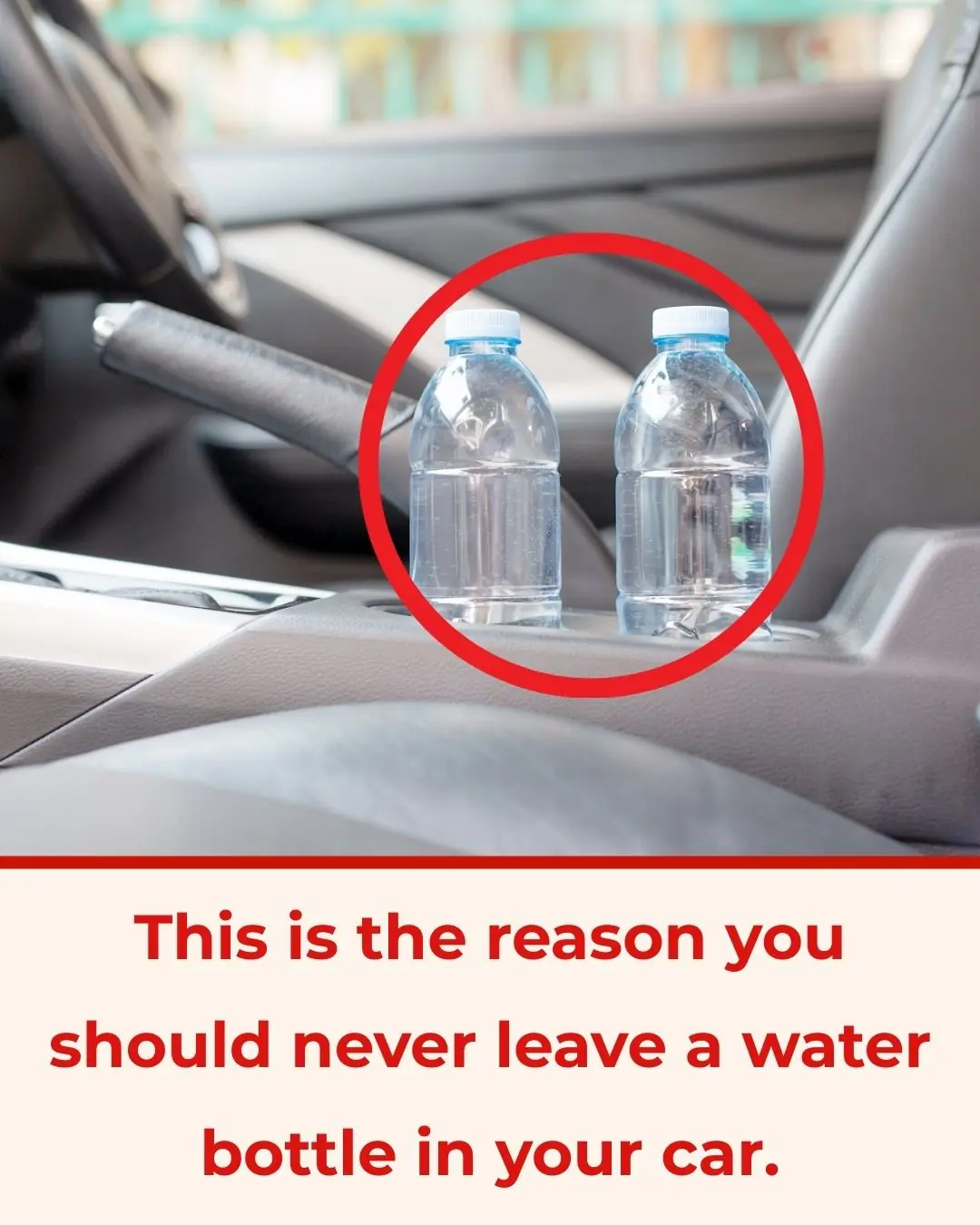
Why You Should Never Leave a Water Bottle Inside Your Car

This is the correct way to preserve pork in the freezer: The meat will not dry out, and will still retain all its nutrients for a whole month.
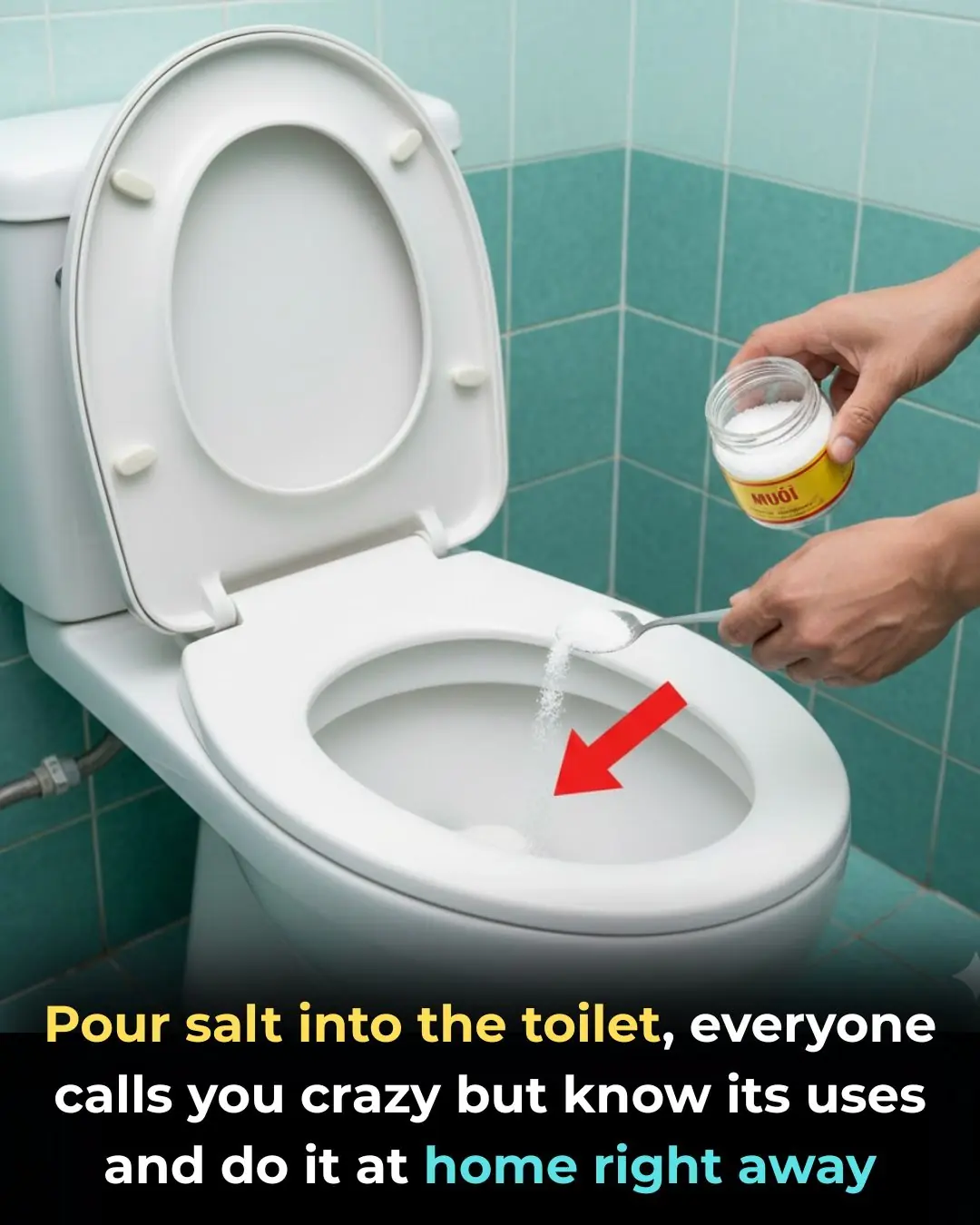
Pour salt into the toilet, everyone calls you crazy but know its uses and do it at home right away

Amazing uses of pouring vinegar on meat: Everyone who knows will want to do it too

Chef reveals secret to stir-frying soft, lump-free vermicelli noodles that even the most clumsy person can easily do
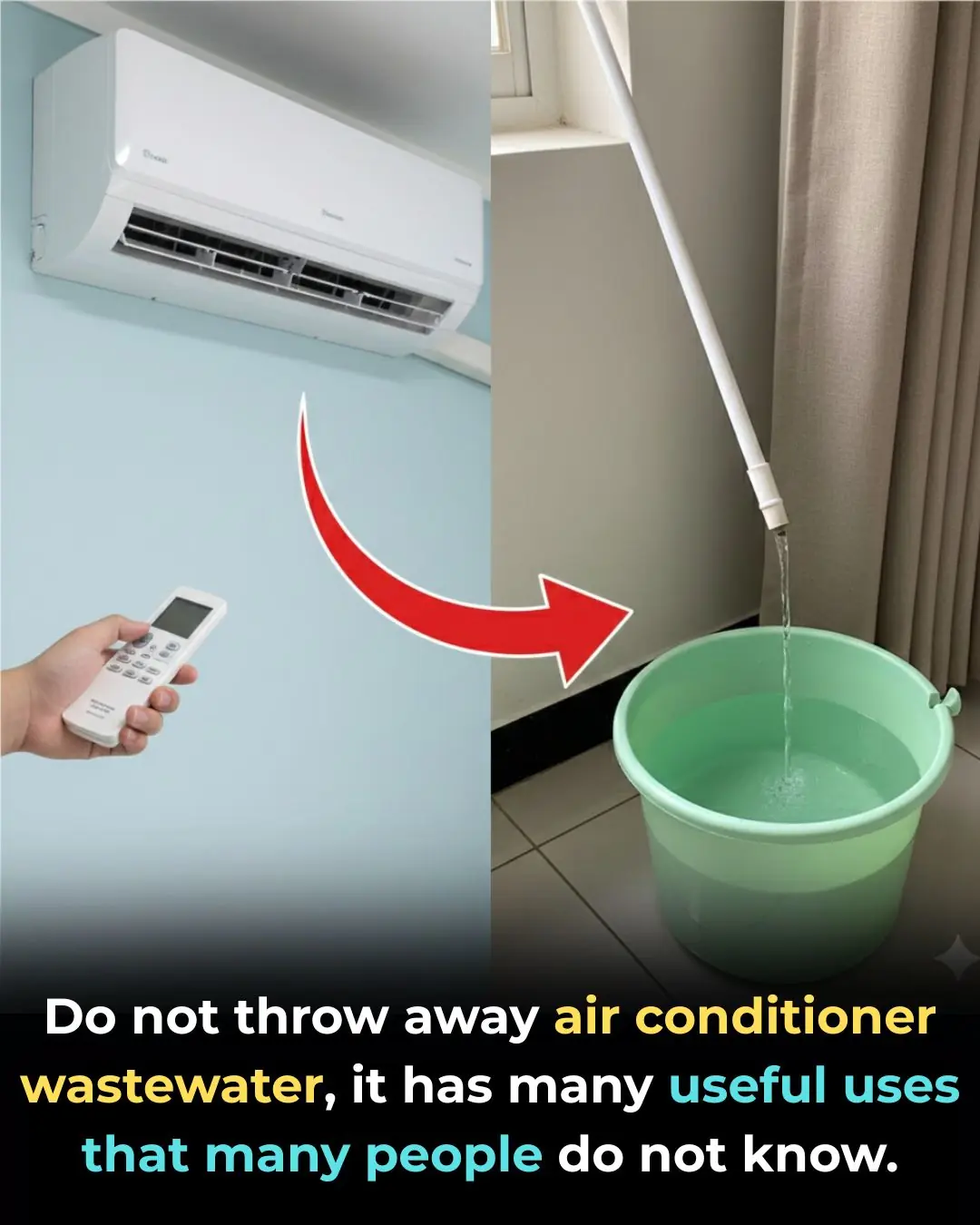
Do not throw away air conditioner wastewater, it has many useful uses that many people do not know.

Good tips for those who have dry trees, help them produce many flowers, fruits, and sweet and rich fruits
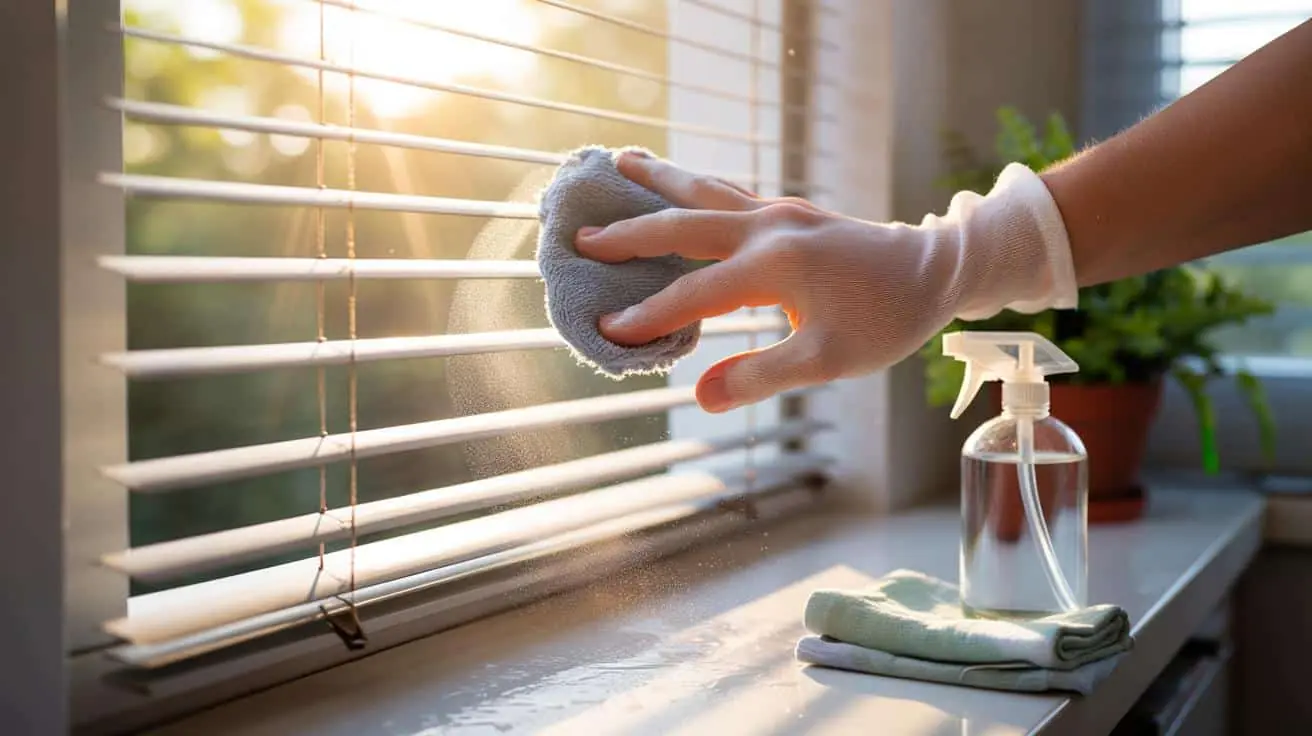
A Simple Sock Trick to Clean Dusty Window Blinds with Almost Zero Effort
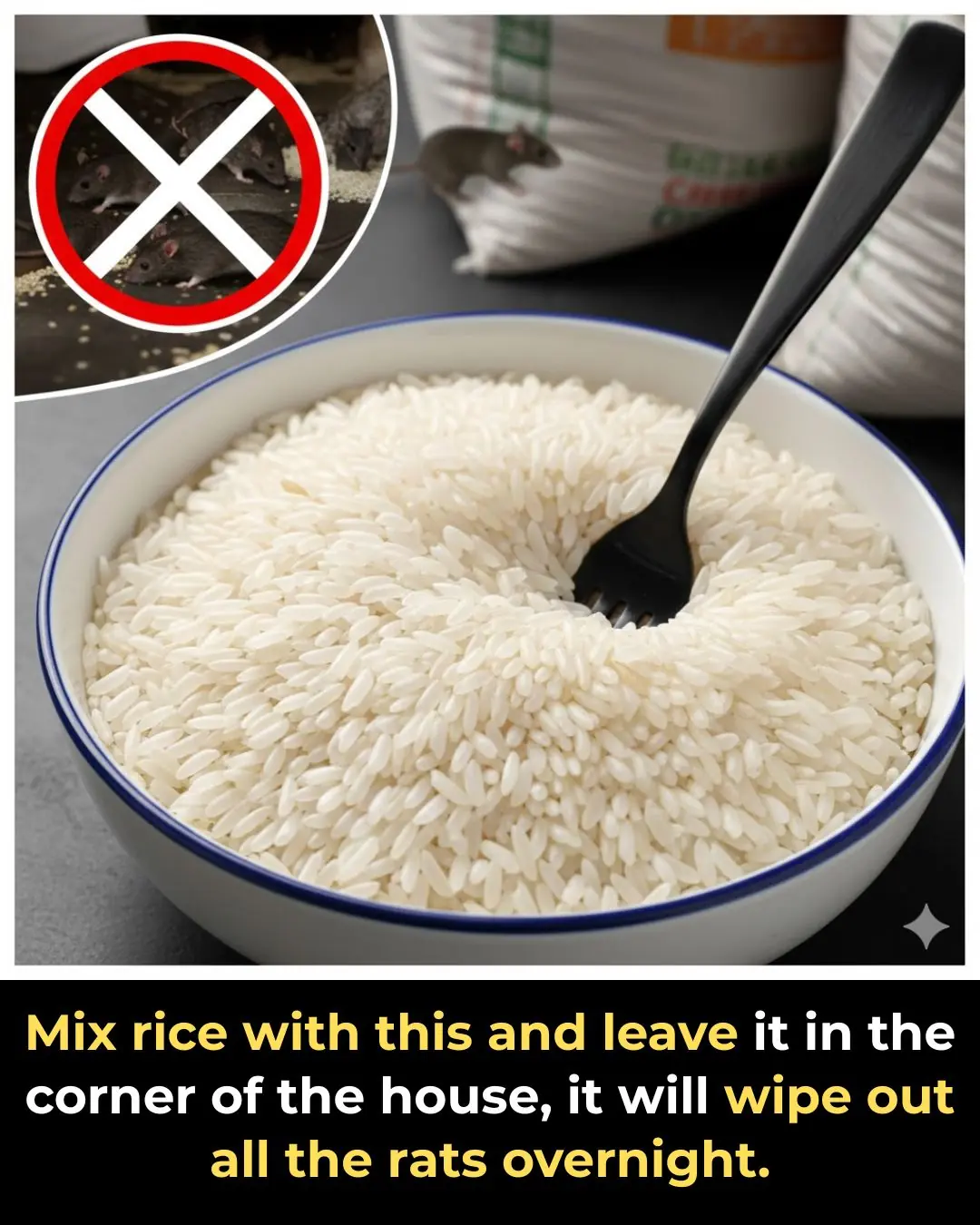
Mix rice with this and leave it in the corner of the house, it will wipe out all the rats overnight.

When choosing a cantaloupe, use these 4 tips to ensure you buy one with thin skin and sweet flesh.
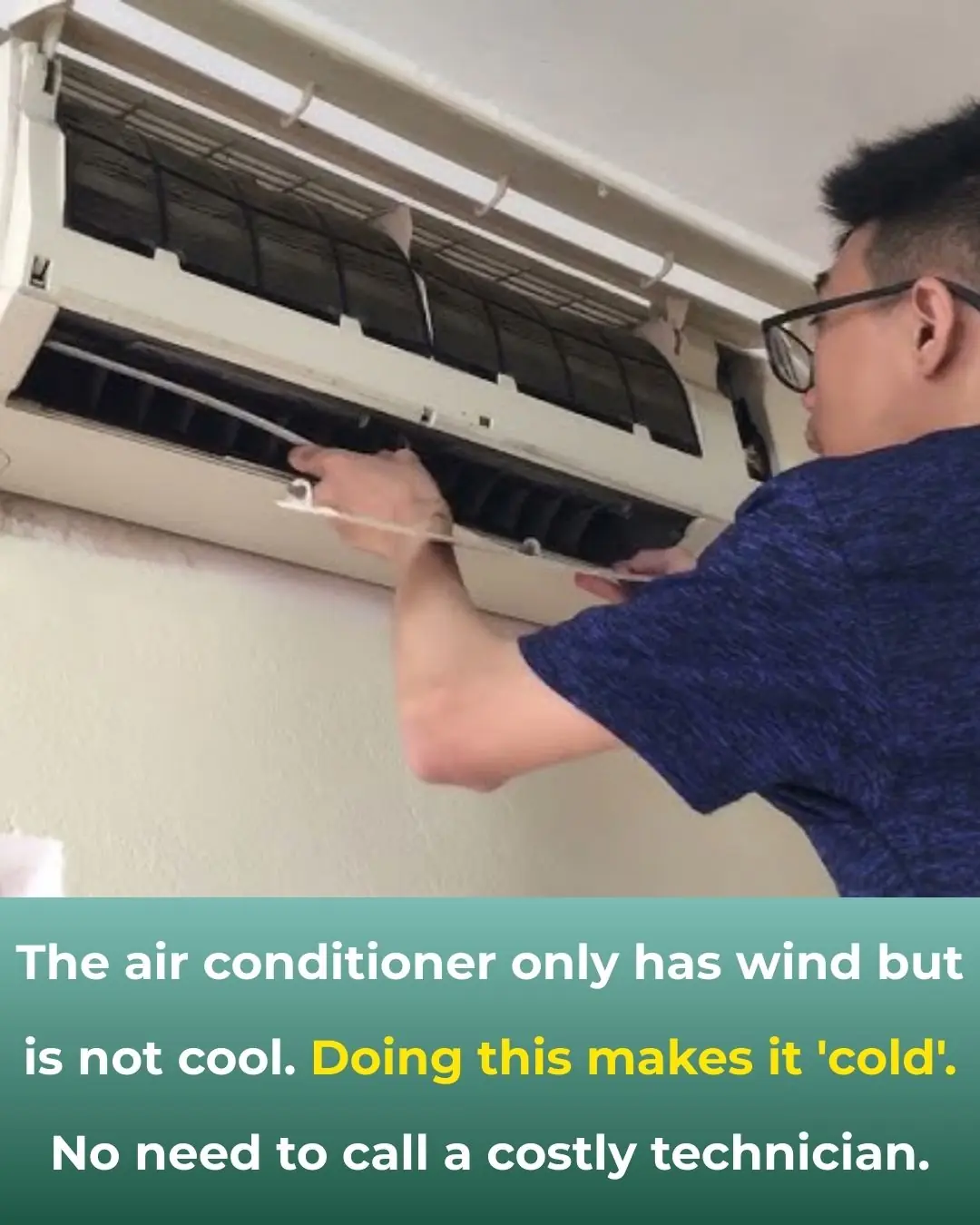
Air Conditioner Blowing Only Air but Not Cooling? Here’s How to Fix It Without Calling a Technician
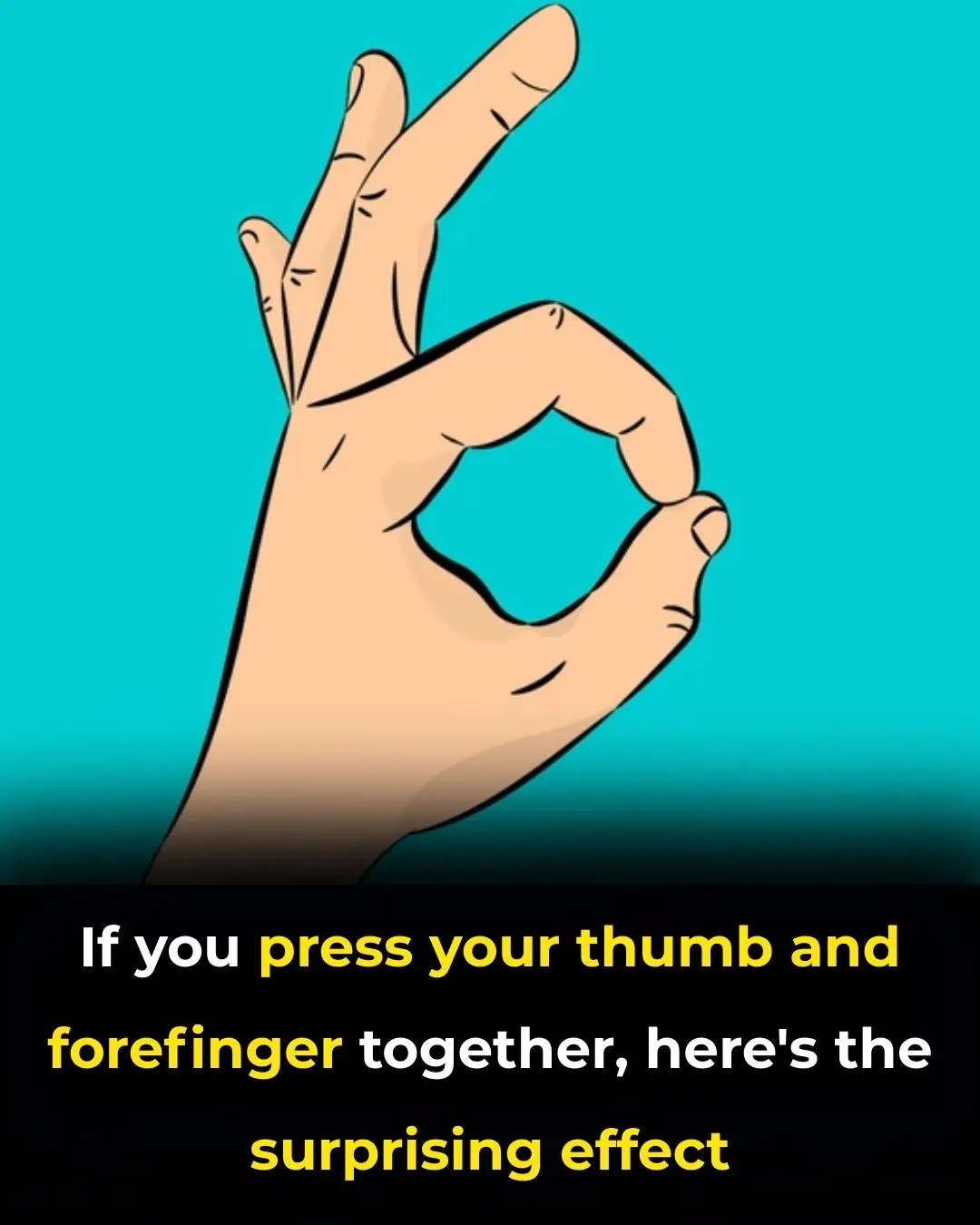
Had no clue about this
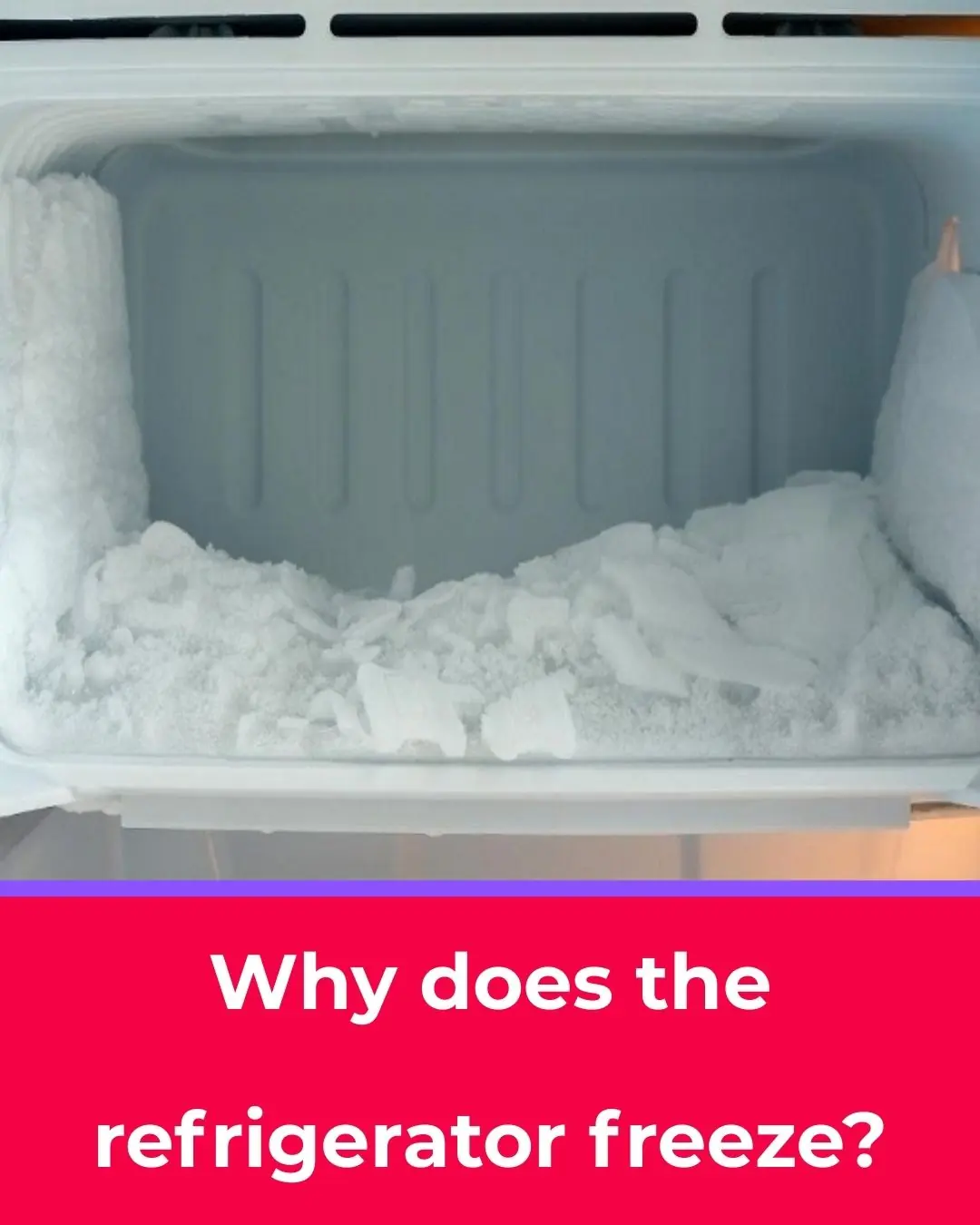
Why Does Your Refrigerator Frost Over and Does It Increase Electricity Consumption?
News Post

Nurse Promises Not to Laugh at This Man’s Problem

What Your “Odd Animal Out” Choice Says About You

As he nears 100, Dick Van Dyke, 99, makes a touching confession about his life

Two Golden Elixirs for Energy, Glow & Balance

The Power of Hawthorn (Genus Crataegus): A Natural Ally for Heart and Cholesterol Health

The Real Benefits of Mixing Lemon with Activated Charcoal

The Surprising Healing Power of Onion Milk

Increase Breast Size Naturally

Beetroot: 3 Simple Recipes + 10 Powerful Health Benefits

A Small Refrigerator Button Can Save You Hundreds on Your Electric Bill: Most People Don’t Know

AVOID Ginger If You Have THESE Health Problems

Magic Eraser can be used for almost anything, but here's what you didn't know

Why You Shouldn’t Keep Doors Fully Closed When Using Air Conditioning

12 medications you should never mix with coffee

8 Foods That Fight Cancer – Add Them to Your Diet Regularly

What Health Conditions Can Garlic Soaked in Honey Help With?

How to Make Steamed Pear with Rock Sugar — Delicious, Comforting, and Packed with Nutrition

Headache Above or Behind the Left Eye: Causes and Treatments
